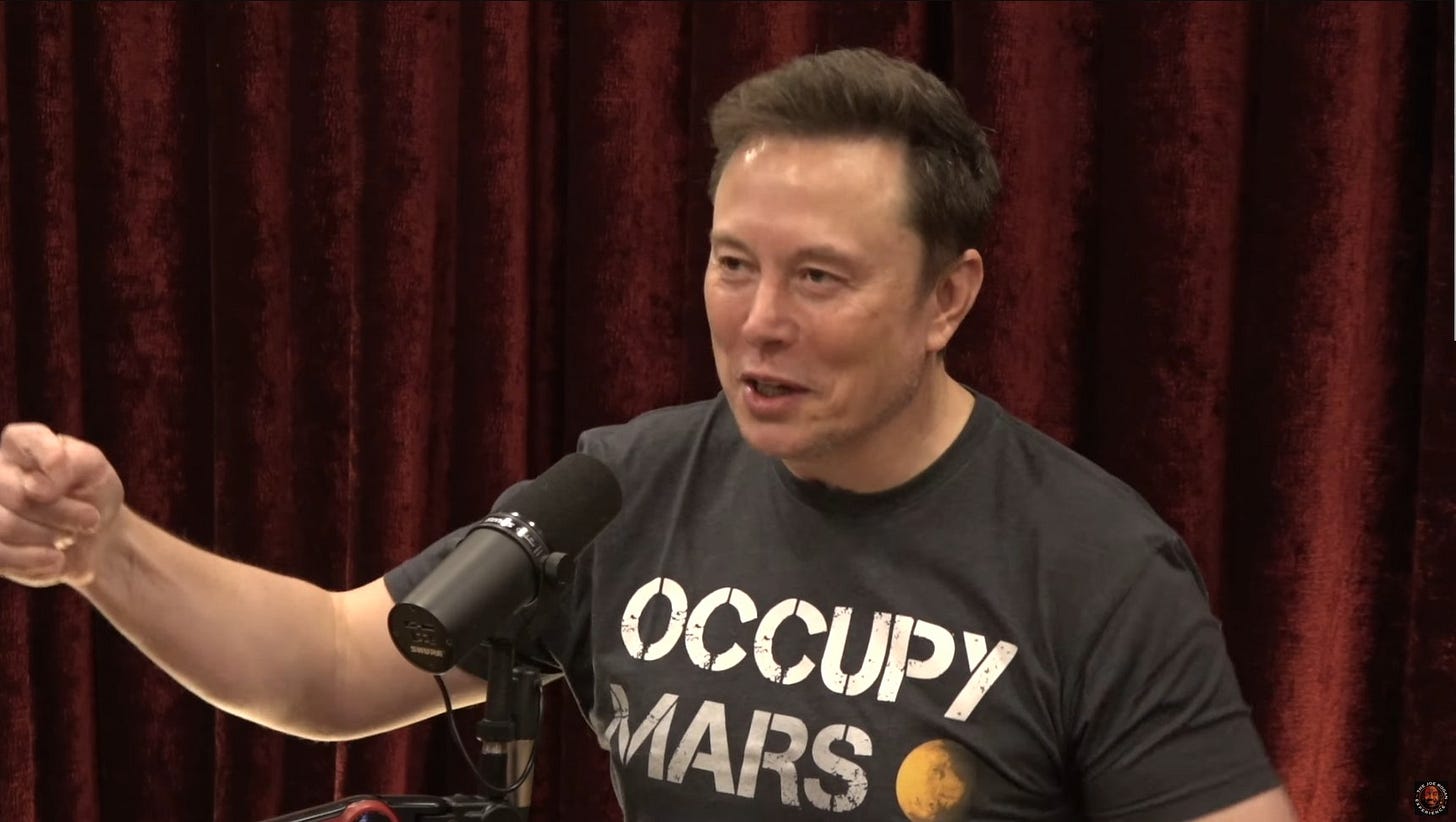Occupy Mars? Have We Really Thought This Through?
Kelly and Zach Weinersmith share 5 key insights from A City on Mars: Can We Settle Space, Should We Settle Space, and Have We Really Thought This Through?
As Donald Trump settles into office we can expect to see even more of “First Buddy” Elon Musk and his signature Occupy Mars t-shirt. But what does that really mean? Even with Musk's financial, engineering, and now political muscle, are we actually capable of regularly traveling to and even living on other planets? And even if we can do it, should we? Th…



